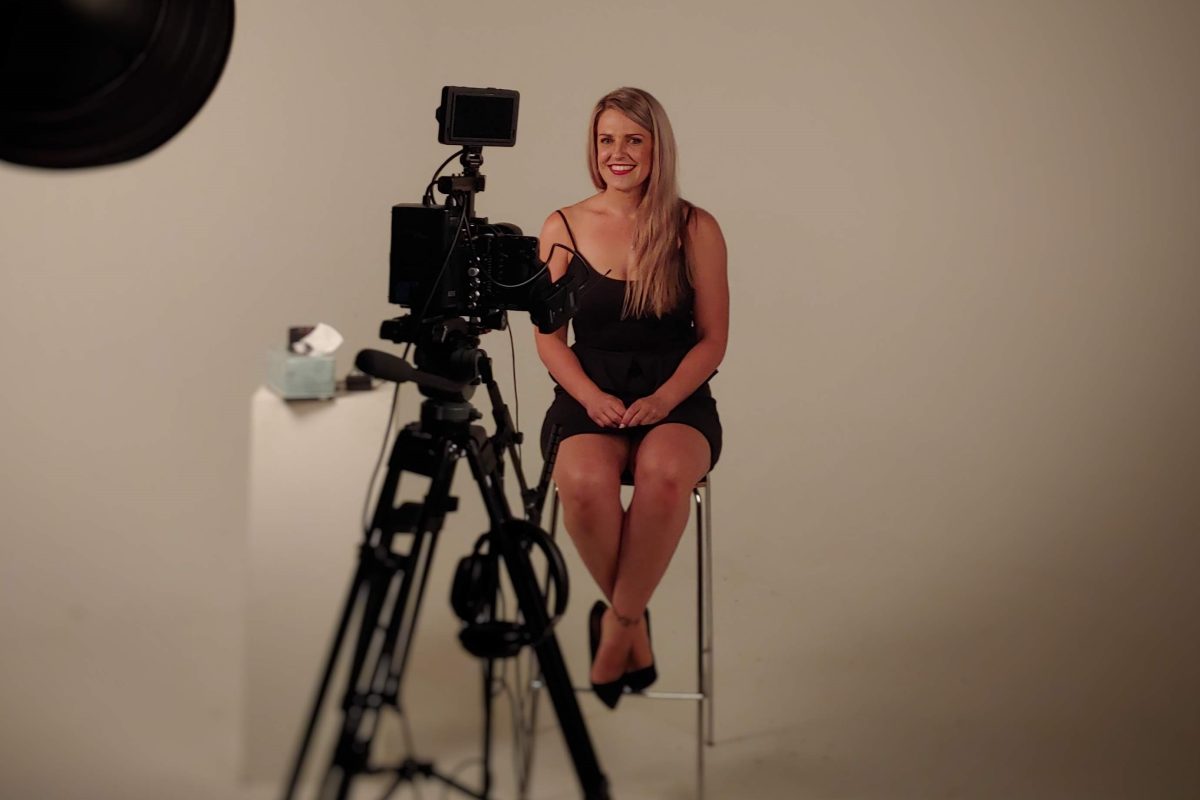Clare Kenyon
Coach


Tell us a little about yourself – what are you passionate about?
As an astrophysicist, I am naturally drawn to the darkest of sciences! I am fascinated by the expansive night sky and all the objects we can see (and can’t see!) in it. I have a huge number of other interests, though – from music and languages to sport and renovating my house. My favourite parts of my job are when I get to talk to the public – through TV interviews, my regular radio slot with ABC Radio Canberra and also through my podcast, Spaghettification.
Where did you grow up? What is your earliest memory about science?
I grew up in the South Eastern suburbs of Melbourne. Although my Mum tells me I saw Halley’s Comet last time it was here in 1986, I was only two, so I can’t really claim that to be my own memory. I do remember playing around with some solar power kits when I was a kid, as well as mucking around with my Mum’s old school microscope.
What did you do after you left school?
I actually started my university studies in a music degree, playing double bass! I eventually switched over to maths, physics and geology (but kept a bit of music). I worked in a gold mine, lived in the Middle East for a year, travelled much of the world, studied teaching, taught in high schools in England and Australia and then ended up back in Melbourne studying a PhD.
What do you do now?
I am going for the record of the world’s longest time spent studying PhD (definitely a joke! And not something I’d generally recommend!). I am trying to finish writing my thesis whilst also working in science outreach with the Telescopes in Schools and Work Experience programs at the University of Melbourne and producing my own podcast and social media material.
Tell us the story of your proudest achievement;
Along with another colleague from my University, I run the Kathmandu Astrophysics School in Nepal every 18-24 months. This year, we had to transition to an online school, but normally, the school is in person. It is very complicated to organise – especially because it is international – but very rewarding. We are involved in mentoring, teaching and upskilling the students (with a particular focus on ensuring gender parity in our classes) in astrophysics and also professional development – skills they will have for life.
Why did you become a Curious Minds STEM Coach?
I always seem to be involved in science teaching and communication, whether it is formal (teaching in a high school) or informal (like mentorship or coaching). I love being able to give back to students and let them find their own shining starlight.
What advice would you give to current female students thinking of pursuing a career in STEM?
Be yourself. Have a wide range of interests. You do not have to conform to the white lab coat, brown shoes stereotypes that we so often think of when we imagine women in science. Wear the lipstick, play sport – do whatever other things make you happy and well-rounded as a person. Always ask questions. Back yourself. It is not an easy career to pursue, but this is exactly why we need more women in STEM. You can change STEM and change the world for the better at the same time.
